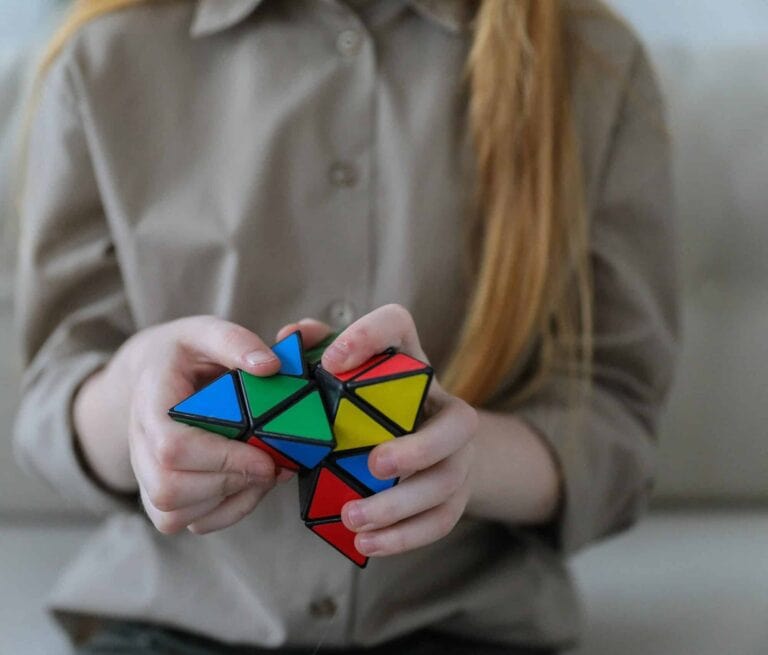OK – AI is all the rage. Yet I am feeling hesitantly skeptical. Maybe you have dug into it – or not – and you see great potential. Or great danger. Well, like it or not, it is here and spreading wildly.
AI = artificial intelligence. Official definition – the ability of a computer or other machine to perform those activities that are normally thought to require intelligence; or the intelligence exhibited by an artificial (non-natural, man-made) entity.
Yes, the free ChatGPT online allows you to try out AI. Supposedly, it taps into a whole universe of knowledge and general information from which it draws its responses to your questions.
But there is a bit of an art to how you ask and drill down on your queries to it. And there is a limitation that has helped me pull back on the reins a bit as I use this AI tool.
OK, you know I grew up in Texas and have tons of friends there and “y’all” is a regular part of my speech – and it is a handy way to address everyone. And the natural way to use it when sweeping up everyone into your group is to say “All y’all”. Very natural for us Texans.
So as I started this blog which is supposed to focus on the BODY – or health – topics, I decided to hit up AI for the main issue I see (both in health and other tasks in life). I asked AI what undermines people who genuinely want to have good health especially as they reach mid-life and beyond: they know what to do, and what generally good health habits are, but they JUST DON’T DO THEM !!!
Here is what I plugged in (it is repeated as the first statement) and here are the responses (yes, you may skim read but I didn’t want to shortchange AI).
There are many reasons why people who value good health may struggle to consistently engage in healthy behaviors. Here are a few possible explanations:
- Lack of motivation: Even when people understand the importance of healthy behaviors, they may struggle to find the motivation to consistently engage in them. This could be due to a lack of immediate rewards, competing demands on their time and attention, or a sense of feeling overwhelmed.
- Habitual behavior: People often have deeply ingrained habits that are difficult to break, even if they know those habits are not healthy. For example, someone may have a habit of snacking on unhealthy foods when they are stressed, even if they know they should be reaching for a piece of fruit instead.
- Lack of knowledge or skill: Sometimes people may not know how to engage in healthy behaviors or may not have the necessary skills to make healthy choices. For example, someone may not know how to cook healthy meals or may not know how to fit exercise into their daily routine.
- Environmental factors: People’s environments can also play a big role in their ability to engage in healthy behaviors. For example, someone may live in an area with limited access to healthy food options or may not have safe spaces to exercise.
- Mental health issues: Mental health issues such as depression, anxiety, or addiction can also make it difficult for people to consistently engage in healthy behaviors.
Overall, changing behaviors can be challenging, and people may need support and resources to help them consistently engage in healthy behaviors. This could include setting specific goals, creating a supportive environment, seeking out social support, and finding ways to make healthy choices more enjoyable and rewarding.
Well, how’s that for pretty general, non-specific and maybe, or maybe not, relevant to you?
I think I am learning that AI is good for general overviews, checklists, and a “thesaurus-like” way of sharing different ways to phrase things. Unique, specific and truly valuable?? Not so much – in my experience.
So what I plucked from this AI info to which I could say “yep, for sure” is this: “Overall, changing behaviors can be challenging, and people may need support and resources to help them consistently engage in healthy behaviors.” No lie!
And yes, you can keep drilling down in AI and it will give more of the generalized “all y’all” information.
So let me give you a more focused and hopefully, truly helpful, tool to use if you fall into that big category of “I know what I need to do, but I just am not doing it – consistently, that is”.
And this parallels my hesitancy over AI usage – it is so general that it may not be helpful. In the above text, points #1 and #2 combined are nibbling around the real issue, in my opinion. While points #3, #4, and #5 are more rare and a bit “out there” for me to share in a group.
I just wanted to get you thinking about AI, as I am trying to assess its place, also. But I don’t want to leave you with no help on the main issue – “why don’t I do what I know I should do to be healthy and enjoy a better aging experience?”
So let’s dig in to “who” you are and why it is hard for “you” to do whatever health habit you know you need to do (but just can’t seem to keep consistently doing).
I have shared the unique and insightful work by Gretchen Rubin before, but it bears re-sharing on a regular basis. Here’s her quote:
Habits are like the invisible architecture of daily life – research suggests that about 40% of our existence is shaped by our habits….some strategies work very well for some people, and not for others, and some strategies are available to us at some times in our lives, but not at other times.
And here is where she nails it:
There is no magic, one-size-fits-all solution to changing habits. It turns out that it’s not that hard to change your habits — when you do it in the way that’s right for you. To change your habits, it’s crucial to identify your Tendency.
Not only do I oh-so-truly agree with her that it is not a one-size-fits-all solution, I found her information so helpful not only in understanding myself (and my habit-making issues) but in understanding my husband and others around me. Their making or breaking of habits truly impacts my life as well! Plus I need to learn how to live with them and help them “make or break” in addition to doing my own education and adjustment work on the same.
Gretchen Rubin, author of “Better Than Before”, has developed an excellent quick quiz. Take it to find out which of the 4 tendencies you are (Upholder, Questioner, Obliger or Rebel). She gives you the link to it in her blog – and the info in her blog is helpful background you will need in order to make the quiz results useful for you.
Click HERE to get her blog and the link to her quiz.
As for me – she nailed exactly the strategies and points that were most important for my tendency.
I am a Questioner (with a drift toward being an Obliger) so I have trouble giving myself a treat if I feel that it isn’t “justified”. In other words, I need a sound reason. This worked well for me to know when trying to get myself to do my daily Callanetics. I decided to not allow myself to have breakfast & hot tea until I do the Callanetics routine – I am a “rule follower” also. Then I can have my breakfast and tea and feel not only limbered up, but justified in indulging my desire for bacon & eggs, etc.
I found it truly helpful to learn more about my expectations, what trips me up, etc. – and I have to go back every now and then to her book to remind myself of who I am and why I need to work within my tendency.
May you also be blessed by it – and use it to improve health and aging issues in your life. (yes, entice your spouse or family members to take the quiz as well – it is way more specific than AI and could be very useful in a family harmony way.)Here’s to journeying well, mid-life and beyond!



